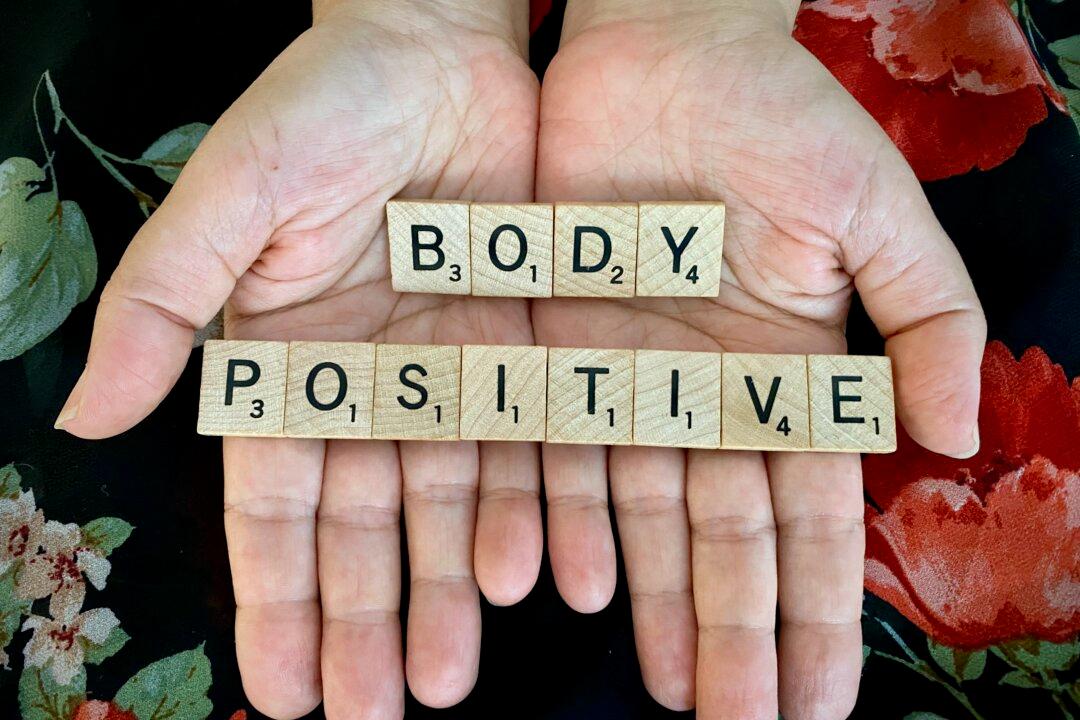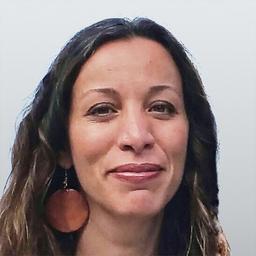The Body Positive, a nonprofit based in Berkeley, California, is working to dispel negative associations with body types that do not fit the media’s beauty standards.
The nonprofit holds that because this planet’s people are diverse, beauty is diverse, and we deserve to see and experience all different types. This outlook can help prevent harmful eating disorders and risky cosmetic procedures, according to Elizabeth Scott, co-founder of The Body Positive.
“TV and social media represent our very sick culture,” Scott, a psychotherapist and the nonprofit’s director of training, told The Epoch Times. “Recognize and own your own beauty, rather than trying to attain a social caste ideal of beauty.”





